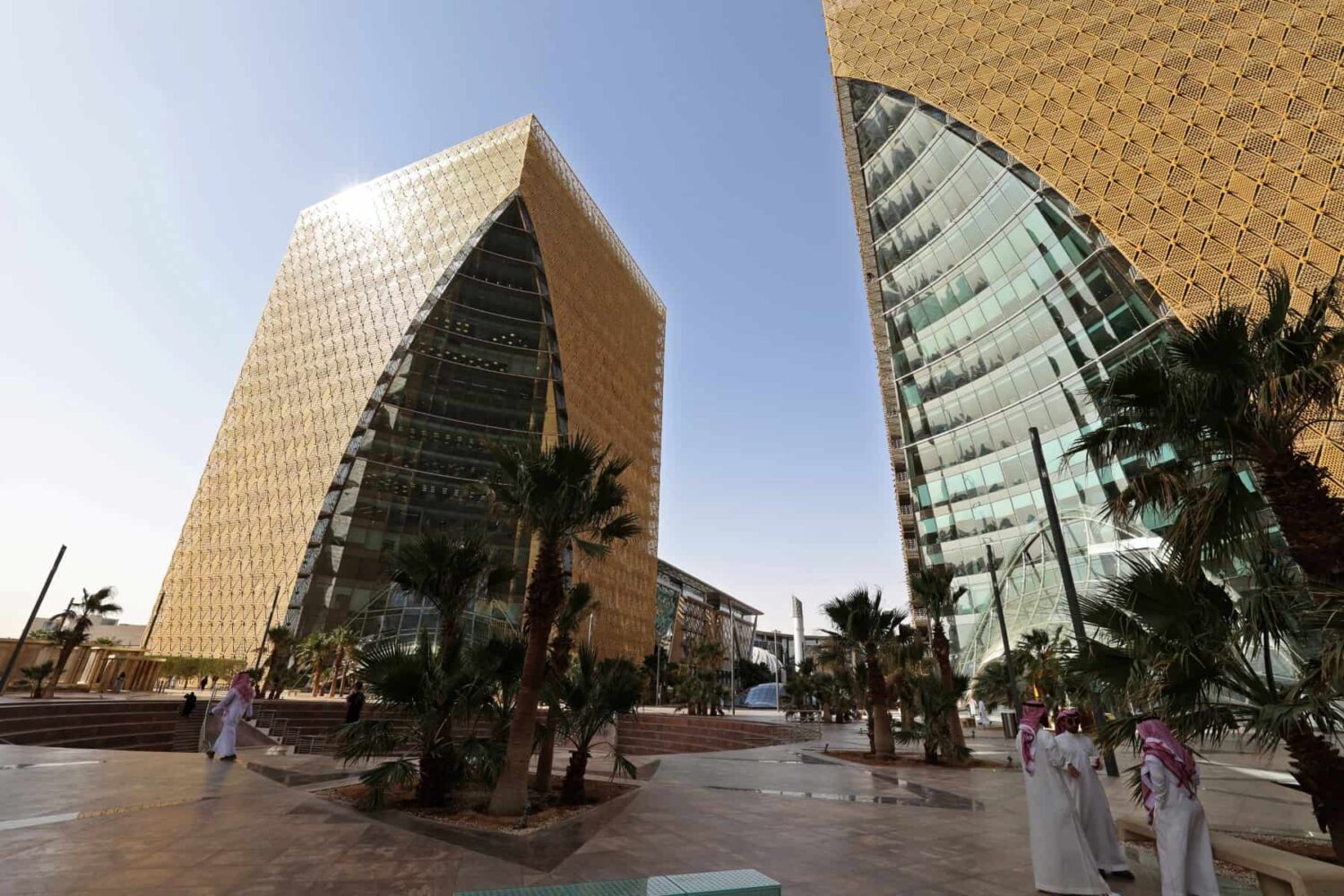Dubai, UAE — Saudi Arabia’s sovereign wealth fund, the Public Investment Fund (PIF), has shown the highest improvement in Global Sovereign Wealth Fund’s (SWF) governance, sustainability and resilience (GSR) scoreboard for 2023.
PIF ranked seventh with a score of 92 (on the GSR score of 100), followed by Mubadala (88), among the SWFs. Regionally, the Middle East saw the biggest improvement from 32 percent in 2020 to 52 percent in 2023.
The 2023 GSR Scoreboard analyses the GSR practices and efforts of the world’s major State-Owned Investors (SOIs), including Sovereign Wealth Funds (SWFs) and Public Pension Funds (PPFs).
The scoring is based on 25 different elements: 10 related to governance, 10 to sustainability, and five to resilience, which are answered binarily (Yes / No) with equal weight and then converted into percentage points.
Global SWF said it observed a very significant increase in the overall score across funds from 59 percent in 2022 to 63 percent this year. The improvement has been most apparent among sovereign funds, which are catching up quickly with pension funds; and around sustainability, as funds are increasing their impact activities and reporting them in a regular and meaningful way.
It added that Institutions like Saudi’s PIF, Abu Dhabi’s Mubadala and ADQ, Qatar’s QIA, and Bahrain’s Mumtalakat have embraced the rating tool and taken the opportunity to improve practices and achieve a stronger alignment with international standards. Others, like ADIA and KIA, continue not to engage and have stayed with the same scores, 56 percent and 48 (percent), respectively.
The Scorecard said:
Saudi PIF (+32%) is managing to make its unparalleled growth sustainable by pursuing best practices. Its annual report is a rare display of transparency, including audit accounts, evolution of AuM, asset allocation, returns and assets; and its chairman announced a “net zero by 2050” commitment in November 2022.
Oman’s OIA (+28%) is also pursuing operational excellence and identity following the merger of two different organizations and portfolios – SGRF and OIF – in 2020. Its latest annual report sheds light on major investments and exits, portfolio strategy and governance, and it is forming a new framework to align with SDGs.
Abu Dhabi’s ADQ (+24%) recently published a new and detailed website and its first sustainability report with plenty of details and metrics. Ahead of COP28, which will be celebrated in the UAE in December 2023, the newest Abu Dhabi SWF wants to set an example by aligning national priorities with SDGs.
Egypt’s TSFE (+24%) is following the example of its Eastern neighbors and pursuing specific sustainable policies that align with responsible investment frameworks. Its website now offers a window into the fund’s regulations, including the SWF Law, and actions, such as its multi-sector investments and contribution to Egypt’s GDP.

